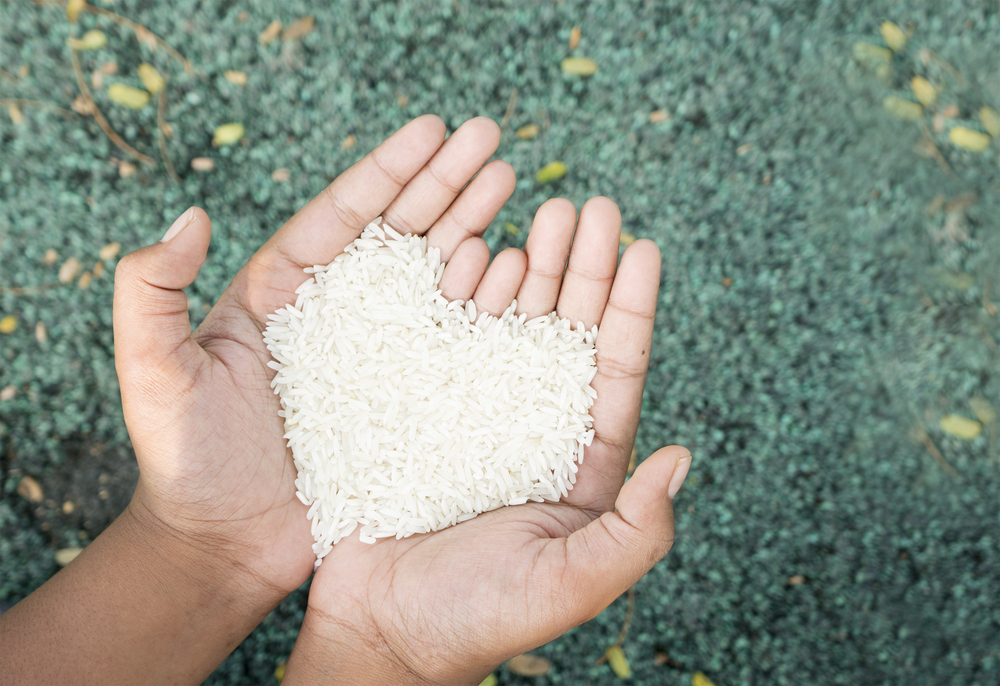
Sustenance is key to our survival, but simply eating whatever, whenever would not give our bodies the benefits a proper, nutritious diet would. But where adults are mostly concerned about fats and sugars alone, the diets of young children need to be carefully regulated to ensure they receive all the nutrients they need in order to grow and be healthy.
Nutrition is one of the three key elements of healthy early childhood development, alongside mental stimulation and love. Despite its importance, many children suffer from malnutrition in Sri Lanka due to difficulties faced by parents in providing adequate meals or nutritious ones.
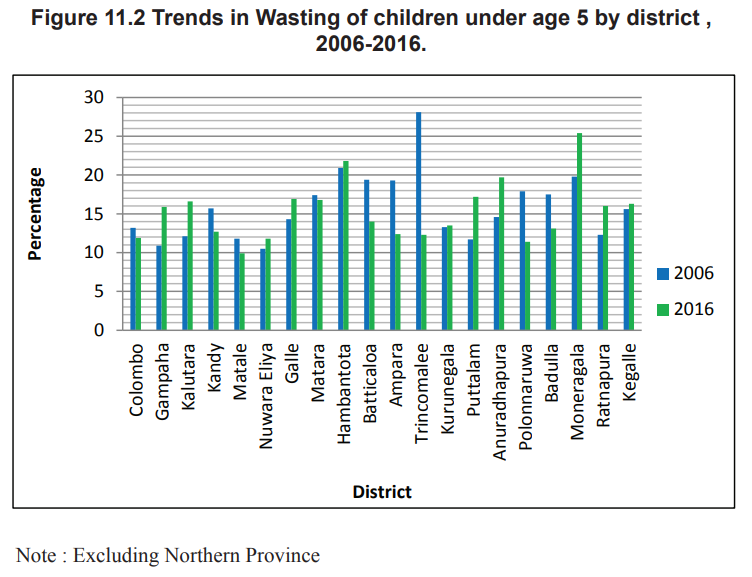
According to the 2016 Sri Lanka Demographic and Health Survey, 21% of children are underweight, and 4% are severely underweight; wasting is prevalent in 15% of children with severe cases present in 3%; and 17% of children under the age of 5 are stunted with 4% being severely stunted.
The first three years in a child’s life is a period of rapid growth and many changes. If a child is not provided with adequate nutrition and care, the repercussions may follow them throughout the rest of their life.
A massive 75% of all the nutrients a child consumes goes to brain development,
which, by age 3, is 80% done. The most important organ, if deprived, will not develop the way it should. An underdeveloped brain will inevitably throw a wrench in the child’s natural growing process.
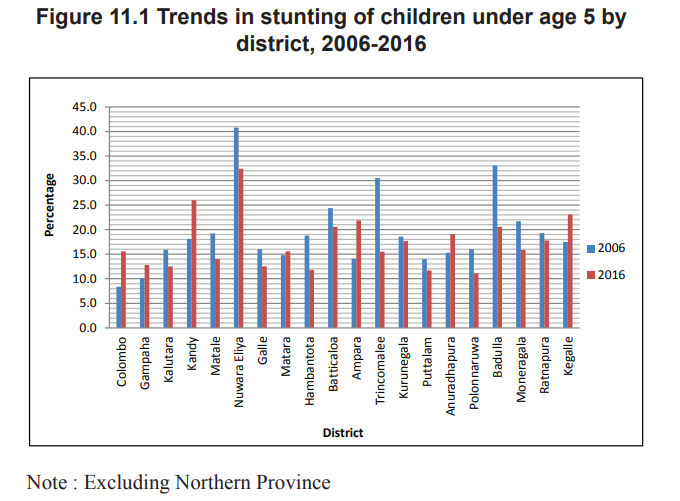
Too little of the essential nutrients could lead to a compromised immune system, where the child would then be exposed to various pathogens without a defence mechanism in place to protect them. Excessive food intake could lead to the child being overweight or obese, and may clog their arteries, and also prevent them from participating in activities that require a lot of physical effort.
Insufficient food intake may lead to the child being underweight and or stunted in growth.
There is actually a rather long list of issues improper nutrition can create. On this persistent problem, Consultant Pediatrician Dr. Kumudini Cooray commented: “Children suffering from malnutrition are prone to chronic infections, like TB, and learning disabilities. In Sri Lanka, malnourished children often battle diarrhoea, pneumonia, psychomotor impairment, as well as obesity.”
Micronutrient deficiencies are a major issue when it comes to malnourished children. These deficiencies pose various risks, including diseases like anaemia due to lack of iron, and muscle weakness due to lack of potassium. Nutrient-dense meals could prevent these and many more from afflicting the child.
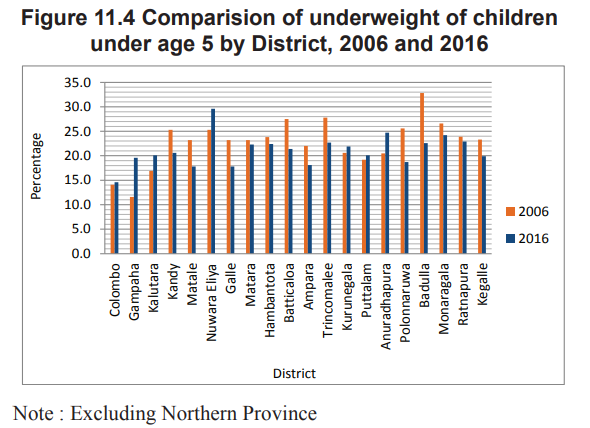
Poverty And Malnutrition
Global campaigns to educate the general public on proper nutrition for children have been around for ages. Revisions and additions to the recommendations have been made and disseminated many times over.
However, in countries where poverty threatens to hold the nation hostage, merely campaigning for better measures in child nutrition isn’t enough. Poverty is a major contributing factor to malnutrition, and the case is often that parents are unable, not unwilling, to implement a healthier diet for their child.
Sri Lanka has many families living in poverty. In 2016, 4.1% of Sri Lanka’s population lived below the national poverty line. Needless to say, this would indeed affect a parent’s ability to provide proper nutrition which would ensure healthy development in a child.
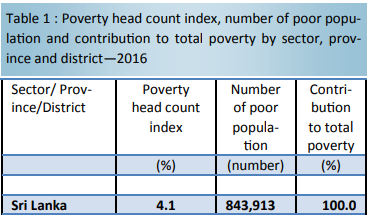
What Makes A Meal Adequately Nutritious?
A proper meal would ideally constitute foods from across the main food groups in the prescribed portion sizes. These include animal food such as poultry, meat, eggs and fish, which contain lots of protein and fats for healthy brain and muscle development.
Carbohydrates, such as rice, bread, and pasta, provide a lot of energy at varying degrees. Red rice, for example, takes longer to digest than white rice, and so will provide energy for a longer period of time.
Fruits and vegetables contain various vitamins and minerals, required for the body to heal, repair and carry out various functions. Dairy products, such as milk and cheese, are essential for healthy bone and teeth.
Yet it’s important to remember that too much of a good thing can still be bad.
Obesity is often a result of overindulgence, particularly in high calorie foods such as sweet, starchy, and oily foods. A carefully outlined meal plan could help sort out how best to provide a child with all the required nutrients without going over the recommended intake.
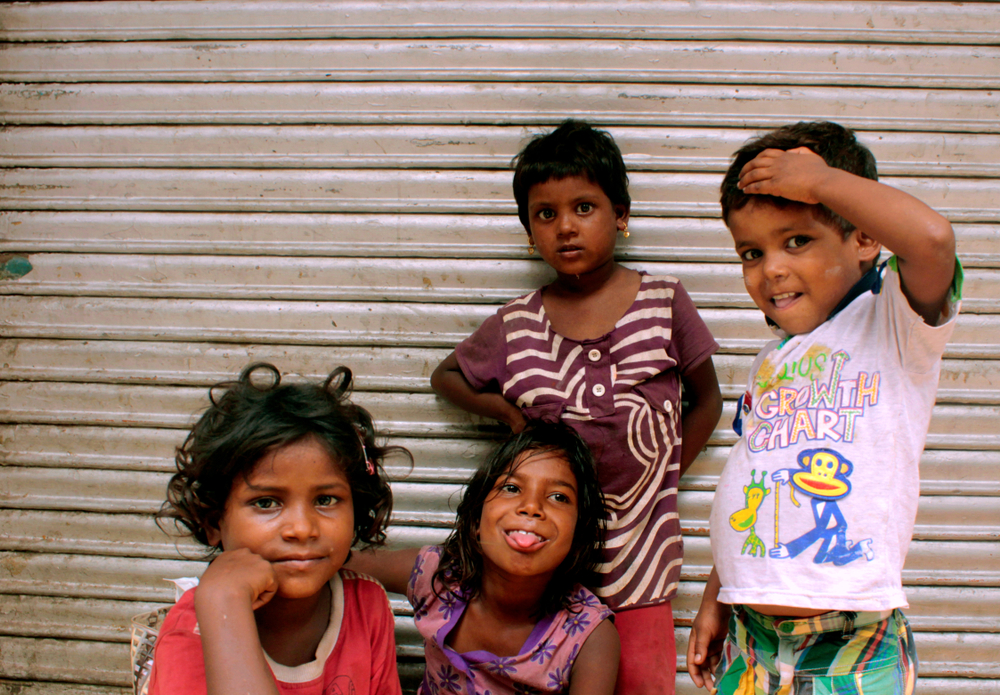
Detrimental Food Fads
Nutrition is an often-debated topic. The ‘parents know best’ angle is on every other blog, vlog, and any form of new and old media around. Through this, a new menace is rising.
Many adult food fads have taken the world by storm; from juice cleanses to smoothie bowls and more, there is an endless list of such food trends that people follow earnestly. Unfortunately, there have been instances where parents introduce their young children to these restrictive diets, insisting that, since it helped them, it would certainly help their children. But these diets, regardless of how well they work for adults, could actually harm a child’s early development stages. “Children should be allowed to enjoy a nutritionally and culturally accepted diet. I think parental food fads should not affect their child’s nutrition,” said Dr. Cooray, expressing her thoughts on this situation. Unless the diet is recommended by a qualified nutritionist, chances are, it may have some unpredictable adverse effects.
Nutrition is such an essential part of our lives that it takes a lot for us to remember that food is not just a luxury that we treat ourselves to everyday, but something that we cannot live without. Every bodily process carried out requires us to take in sustenance, without which it may fail.
Children, especially, are at risk of not receiving the right nutrition they require for healthy development of body and mind. This is why an in-depth understanding of the role food plays when it comes to growth, repair, and improvement in our bodies is essential. That way, we can ensure that they grow up to be the healthiest version of themselves they could be.
To help parents give the best start to their children, UNICEF has launched www.betterparenting.lk, a Sinhala, Tamil and English website that brings together comprehensive expert information in four areas—child care, child development, food and nutrition, and health—through a mix of articles, video and animation.

.jpg?w=600)






